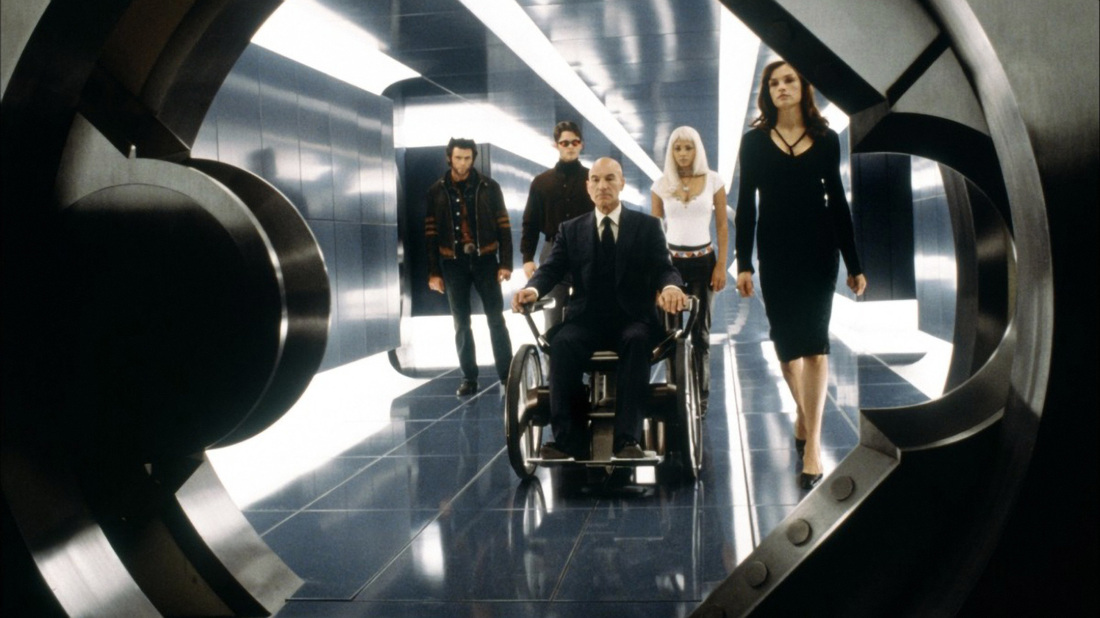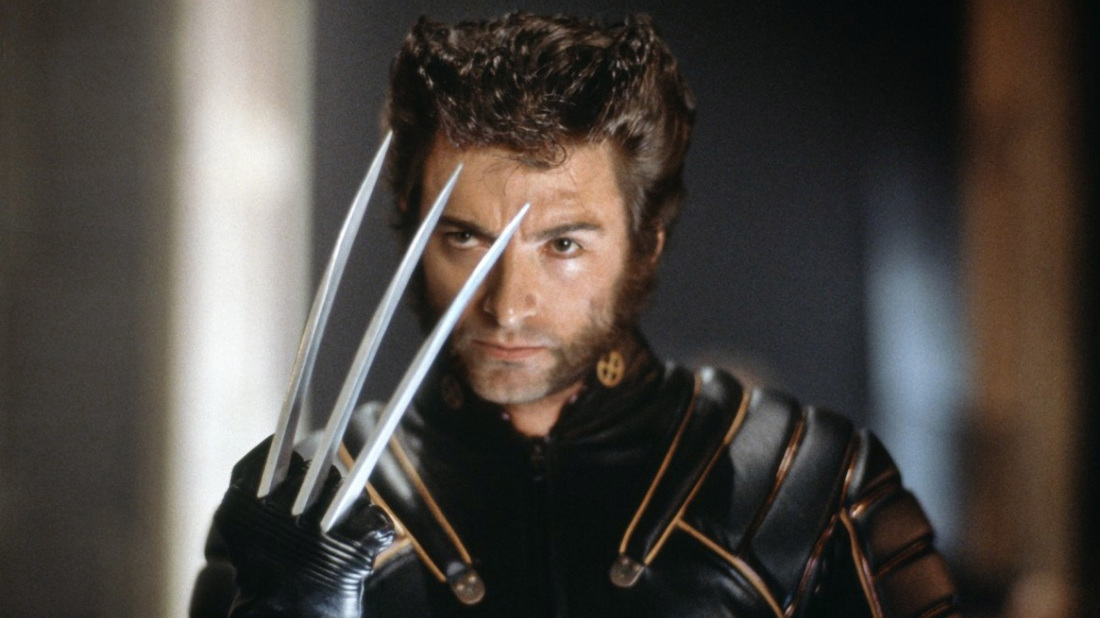In the comic book universe, one of the most famous teams is the X-Men--a group determined to maintain peace between mutants (higher evolved humans who possess superhuman abilities) and humans. Each member is needed, as one cannot undertake the fight on his or her own. At the turn of the millennium, director Bryan Singer successfully brought this beloved team to the big screen with X-Men (2000). The film was a box office hit upon its release, grossing over $55 million in its opening weekend and going on to gross over $157 million in 2000 (IMDB). But how did this superhero film give rise to one of the largest franchises in film history and what made it such a vital piece to Hollywood and Marvel?
After the disastrous Batman and Robin (Schumaker, 1997), faith in superhero films seemed to hit rock bottom. As a result, that faith had to be restored at some point through a well-crafted adaptation of a comic book series. Bryan Singer accomplished exactly that with X-Men. In his article for Empire, Chris Hewitt noted, "Without X-Men, it’s likely that Hollywood would have got around to Spider-Man and rebooting Batman eventually – just as someone else would have come up with the A-bomb had Robert Oppenheimer not cracked it – but in very different forms. Singer’s 2000 movie is the catalyst for everything that’s come since, good and bad. Without it, there’s no Marvel Studios" (Empire).
The film succeeded in featuring a strong cast in Academy Award winners Halle Berry and Anna Paquin, Academy Award nominee Ian McKellen, Golden Globe nominee Patrick Stewart, and actors Hugh Jackman, Famke Janssen, and James Marsden. It’s safe to say the characters in the film were perfectly cast, as a great chemistry emerges between the X-Men as they battle the villainous "Magneto" (Ian McKellen). Notably, the team aspect of the film helps separate it from other comic book adaptations such as Batman (Burton, 1989) or Superman (Donner, 1978). Within the group, special emphasis should be put on the casting of "Wolverine," which has arguably become Hugh Jackman’s defining role. Jackman not only possessed the physique for Wolverine, but also the emotion and intensity that comes with bearing the signature adamanitum claws and skeleton.
Besides the well-rounded cast, X-Men possessed a strong narrative and character development, especially with Jackman’s Wolverine. He goes from a hopelessly confused individual with no identity to someone who finds a place in the world and with the X-Men group, all the while maintaining the short-tempered manner that fans of the comics know and love. He ends up being a character audiences can easily identify with and feel sympathetic for as he develops relationships with the other X-Men.
With X-Men, Bryan Singer successfully renewed interest and credibility to the superhero genre. From the project stems one of the largest and highest grossing franchises in film history; two sequels sprung from Singer’s original film, X2: X-Men United (Singer, 2003) and X-Men: The Last Stand (Ratner, 2006). Two films focused on Wolverine, X-Men Origins: Wolverine (Hood, 2009) and The Wolverine (Mangold, 2013), and two films focused on the X-Men characters' backstories, X-Men: First Class (Vaughn, 2011) and X-Men: Days of Future Past (Singer, 2014). With Singer returning to direct for X-Men: Apocalypse, the franchise has expanded to eight films, with the vast majority enjoying tremendous critical and commercial success. Singer can be proud his well-casted, well-written, and allegorical original film spawned such an illustrious franchise.
WORKS CITED
“Bryan Singer On The Complete Story Of The X-Men.” Empire. 2014. 22 Nov. 2014.
<http://www.empireonline.com/interviews/interview.asp?IID=1892>.
IMDB. 2014. 22 Nov. 2014. <http://www.imdb.com>.





 RSS Feed
RSS Feed
